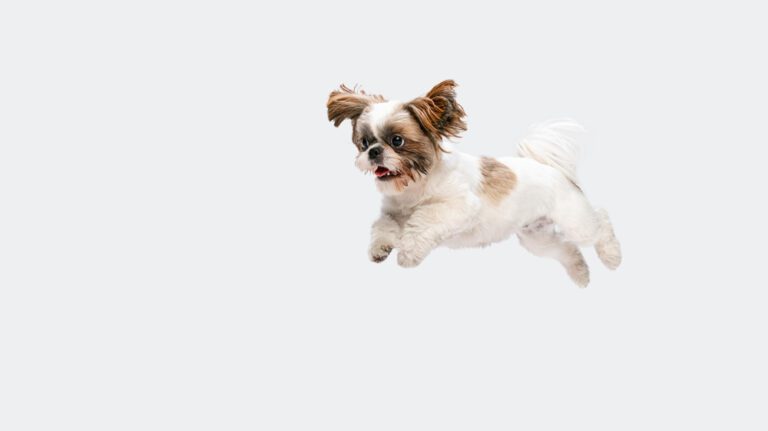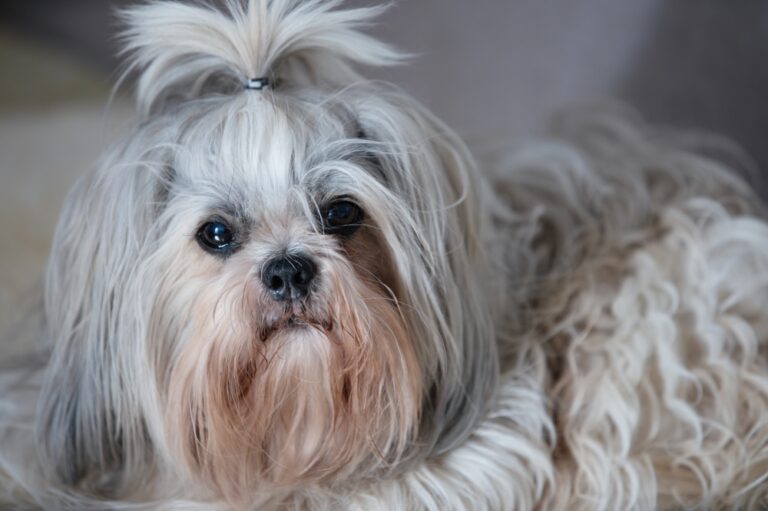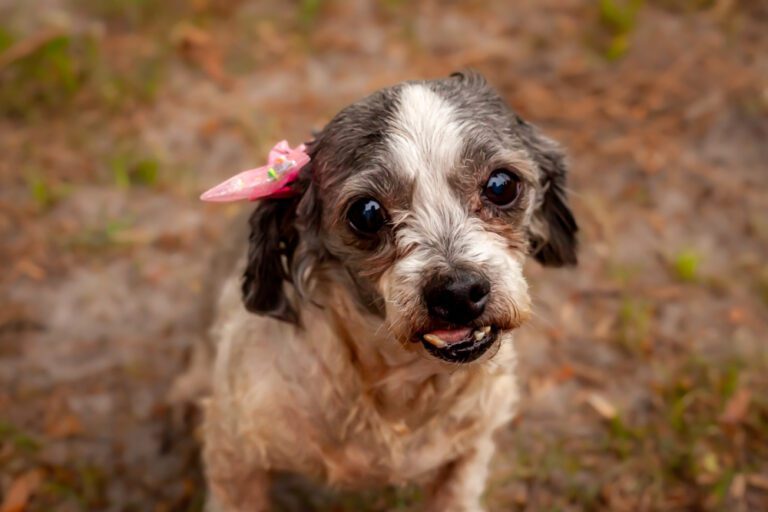At What Age Is a Shih Tzu Considered a Senior Dog?
If you’ve been lucky enough to have a Shih Tzu as your companion, you’ve probably noticed how time flies. One minute they’re a bouncy little furball, and the next, they’re slowing down a bit and enjoying more naps than zoomies. That brings us to a common question: At what age is a Shih Tzu considered a senior dog?
Understanding when your Shih Tzu enters their senior years is crucial. It allows you to adjust their care, diet, and lifestyle to match their changing needs. In this article, we’ll cover the typical age a Shih Tzu is considered senior, signs of aging, health considerations, and how to support your pup through their golden years.
When Is a Shih Tzu Considered a Senior Dog?
Most Shih Tzus are considered seniors around the age of 8 to 10 years. While that may seem young, small breeds like Shih Tzus tend to age differently than larger dogs. Their aging process is more gradual, and many remain spry and playful well into their early teens.
However, this timeline can vary based on genetics, lifestyle, and overall health. Some Shih Tzus may show signs of aging earlier, while others stay youthful until much later.
Human Age Comparison
To put it into perspective:
- An 8-year-old Shih Tzu is like a 55- to 60-year-old human.
- A 12-year-old Shih Tzu is closer to a 70- to 75-year-old.
Knowing where your dog stands in life stages can help you tailor care and set realistic expectations.
Life Stages of a Shih Tzu
Puppy (0–1 year)
This is the fun stage! Full of energy, teething, and learning the rules of the house. Socialization and training are crucial during this time.
Adult (1–7 years)
This is your Shih Tzu’s prime. They’re active, fully grown, and (hopefully) well-trained. Health is usually stable, and regular routines are key.
Senior (8+ years)
Around 8 years old, your Shih Tzu enters their senior years. They might still act young but begin to experience subtle signs of aging.
Early Signs of Aging in Shih Tzus
Every dog ages differently, but here are some telltale signs that your Shih Tzu may be entering their golden years:
- Decreased energy or reluctance to play
- Graying fur, especially around the muzzle
- Stiffness or slower movement, especially after naps
- Vision or hearing loss
- Changes in weight (gain or loss)
- More frequent naps or changes in sleep patterns
- Dental issues, such as bad breath or reluctance to eat hard food
- Behavioral changes, like confusion or anxiety
Recognizing these signs early allows you to take proactive steps in their care.
Health Concerns in Senior Shih Tzus
As your Shih Tzu gets older, they become more prone to certain health issues. Knowing what to watch for can help you stay ahead of problems.
- Arthritis and joint issues: Common in aging dogs, making movement harder
- Dental disease: Often overlooked, but it can impact eating and even organ health
- Brachycephalic airway issues: May worsen with age due to their short snouts
- Eye conditions: Cataracts, dry eye, or cloudy vision can emerge
- Heart and kidney problems: Regular blood tests can help catch these early
Routine vet visits are more important than ever during this stage.
How to Care for a Senior Shih Tzu
Aging doesn’t mean the end of the fun—it just means adjusting how you care for your pup to keep them comfortable and happy.
Nutrition Adjustments
- Switch to a senior dog formula that supports joint, heart, and digestive health
- Watch calorie intake to avoid weight gain
- Consider supplements like glucosamine or omega-3s
More Frequent Vet Visits
- Aim for checkups every 6 months instead of annually
- Ask your vet about blood panels, dental cleanings, and arthritis screenings
Gentle Exercise and Mental Stimulation
- Take short, consistent walks
- Use puzzle toys and sniff mats to keep their mind sharp
- Avoid high-impact activities that could strain their joints
Comfort and Home Adjustments
- Use orthopedic dog beds
- Keep food and water bowls within easy reach
- Provide ramps for furniture or stairs
Emotional Support and Bonding in Their Golden Years
Senior Shih Tzus often become more emotionally attached. They may need a little extra reassurance, especially if their vision or hearing fades.
- Stick to a consistent routine
- Avoid loud environments or sudden changes
- Offer more lap time, gentle petting, and verbal affirmations
This emotional support can significantly improve their quality of life.
Conclusion
So, when is a Shih Tzu considered a senior dog? The general consensus is around 8 to 10 years old, but the real answer lies in your dog’s health, lifestyle, and behavior. Aging is a natural part of life, and with the right care, your Shih Tzu can enjoy a long, comfortable, and joyful senior stage.
Stay proactive, pay attention to the subtle signs, and adjust their routine to meet their evolving needs. After all, our furry friends deserve the very best—especially in their golden years.
FAQs
At what age is a Shih Tzu a senior?
Most Shih Tzus are considered seniors between 8 and 10 years old.
What are signs my Shih Tzu is getting older?
Graying fur, slower movement, more sleep, and changes in appetite or behavior.
Can Shih Tzus live long after becoming seniors?
Absolutely. Many live well into their mid to late teens with proper care.
Should I change my Shih Tzu’s diet as they age?
Yes. Switch to senior dog food with lower calories and added nutrients for joint and heart health.
How often should a senior Shih Tzu see the vet?
Ideally twice a year, or more if they have chronic conditions.









